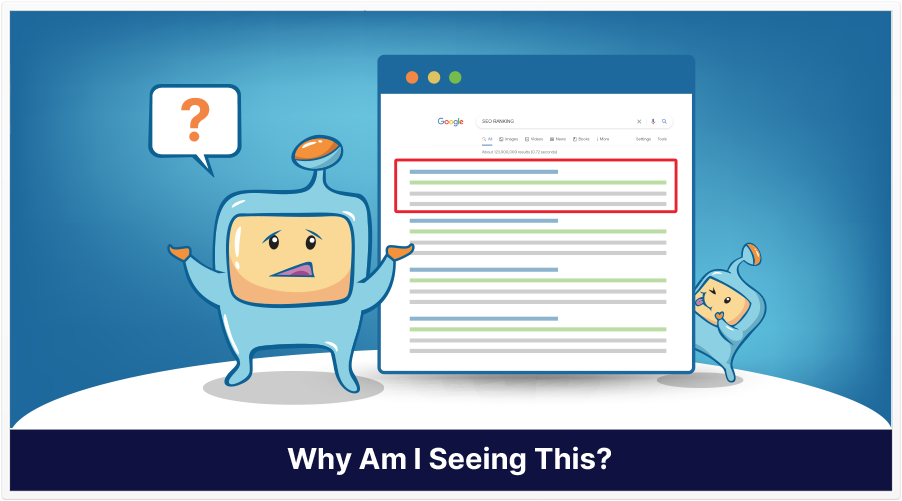
You’ve probably typed a search query into a search engine, glanced through the results, and saw one that seemed rather peculiar.
You wouldn’t have expected to see that result, but there it is.
Well, if you really want to know why a certain result shows up, you can use the About This Result panel, which is said to be three dots next to most results. (Personally, I see them neither on my phone nor on my laptop, so maybe it’s not available everywhere or for all queries.)
Anyway, when you click on those 3 dots, you’re given information about that result.
That specific feature isn’t new (it’s been around since February), but what is new is that there’s now more information with that feature.
Some of the new information users might see are:
Matching keywords: One way for Google to determine if a given web page (or search result) is relevent to your search query is that that search result will contain the same terms that are in your query. I would guess that this includes synonyms and slight spelling variations. An example would be the word check, as in writing a check. In Canada, we usually spell it as cheque, so I imagine that Google sees both spellings as matching keywords.
Related terms: This is different from matching keywords (though Google can use both) in the sense that matching keywords are practically identical to your search query. Related terms are terms that are related to your search query. That is, if people were to have a discussion about your search query, related terms would likely come up. For example, if your search query had to do with the current Olympic games, relevant terms might be Japan, athletes, soccer, etc.
Looking at links: If other pages (or sites) link to a page (this result) using words similar to your query, it usually can mean that other pages (or webmasters) this this result is relevant to your search query.
Local relevance: Language and location may play a factor in determining the results you see, especially if your search query implies you want locally-oriented results.
What’s interesting about this is that search engine optimization (SEO) experts have known that the above-mentioned factors help determine why a particular search result may appear for a particular search query.
This can be a lesson for those who want to make their web pages as relevant as possible.
Here are some takeaways:
Source: The Keyword Google Blog